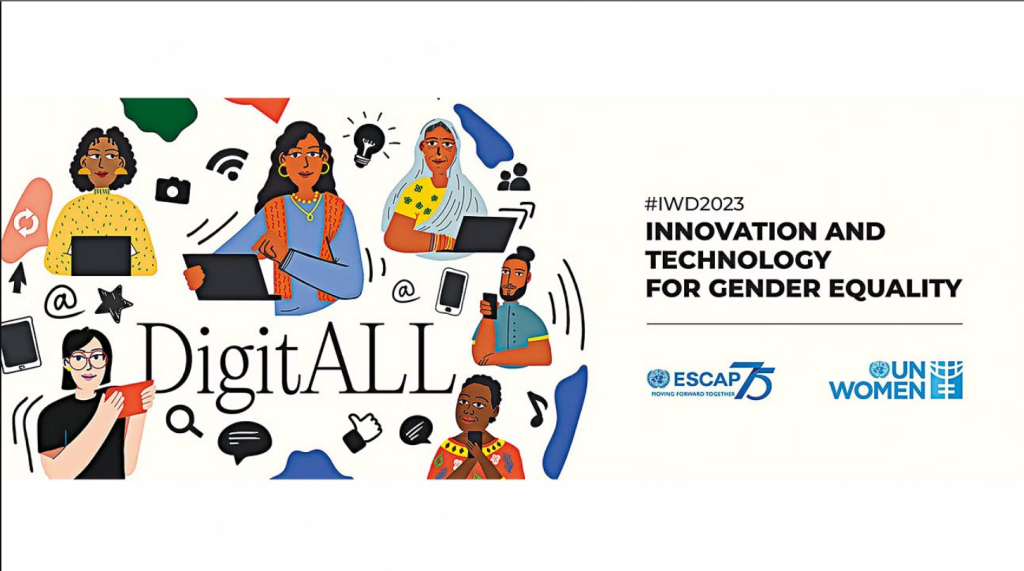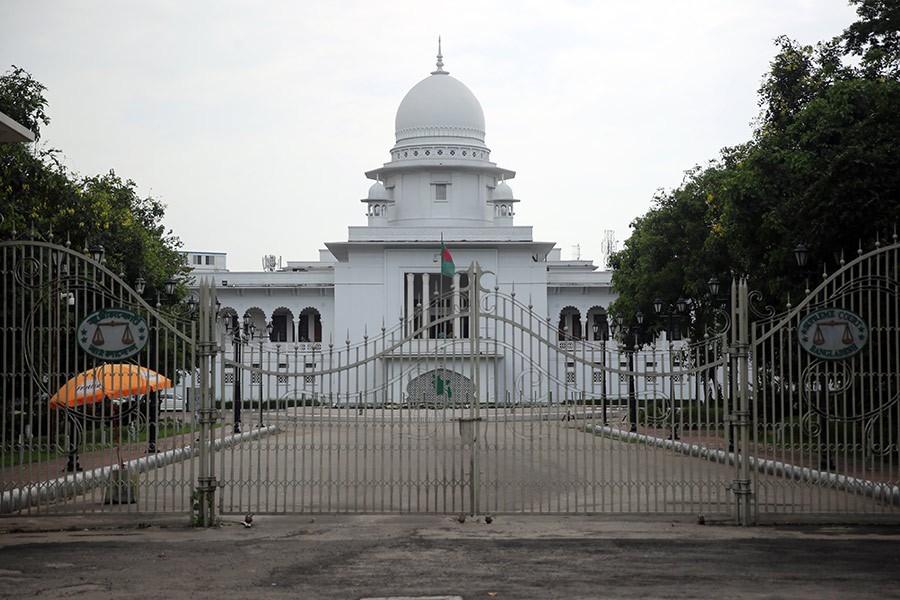Rashna’s entire experience, like that of most women in the legal field, has been difficult to say the least, and she has had to overcome many prejudices along the way.
After he was openly shot in front of a crowded market, one of Barrister Rashna Imam’s relatives, a father of two, was rushed to a hospital in Dhaka.
Despite repeated requests from his family members, he was kept outside the emergency room, and hospital officials refused to admit him unless a police report was filed first.
Unfortunately, he passed away before his family could persuade hospital officials to treat him.
His life could have been saved if there had been a law that clearly stated that hospitals and clinics must provide emergency medical services first and then handle other formalities.
Rashna Imam, who had just begun her undergraduate degree in law at the time, was moved by the incident.
At one point she decided that she would work to increase accountability in the healthcare sector by catalysing the enactment and enforcement of necessary laws.
Today, despite being a well-known corporate and commercial lawyer (advisory and litigation), she has earned praise and built a reputation for devoting a significant amount of time to Public Interest Litigation (PIL) on issues of critical public importance, particularly healthcare.
In fact, her outstanding public interest work enabled her to acquire two fellowships: Asia 21 Young Leader (2018) and Global Programme for Women’s Leadership (2019).
Another feather in her cap was to be invited by UNDP Malaysia to address the judges of the Federal Court of Malaysia on ‘Public Interest Litigation: Development and Challenges’.
Speaking about some of the landmark PILs she has been involved with, she said, “I have, among other things, conducted PIL for establishment of a legal framework for emergency medical services for road accident victims and protection of good Samaritans, PIL for formulation of guidelines for prevention of medically unnecessary C-sections, both of which I filed on behalf of the leading NGO, Bangladesh Legal Aid and Services Trust, and the case leading to the judgment directing reform of the Human Organ Transplantation Act 1999.”
However, her first glimpse of the legal profession was through her father’s eyes, Barrister Akhtar Imam, who is a renowned legal expert and a Senior Advocate of the Supreme Court of Bangladesh.
It was his respect for the law as a calling and not merely a profession, and the opportunity it offered for impactful work, which mainly inspired her to pursue law.
Rashna did her LL.B. (Hons) and LL.M. in International and Commercial Law from the University of Buckingham in the UK, following which she completed the Bar Vocational Course and was called to the Bar from the Honourable Society of Lincoln’s Inn.
After a two-year work stint in Bangladesh, Rashna was offered the opportunity to pursue a second, highly prestigious postgraduate degree, the Bachelor of Civil Law (BCL) at the University of Oxford (Lincoln College)– an opportunity that few Bangladeshis have been able to secure to this day.
Rashna describes her overall experience at Oxford as rewarding, in terms of knowledge gained, horizons broadened, and contacts made.
“Oxford offers the perfect combination of lectures, seminars and small group sessions with tutors. The small group sessions offer a great opportunity to expand and develop on topics touched on in lectures and encourage student reflection,” said the lawyer.
“The best and the brightest end up at places like Oxford, which makes the overall experience intellectually stimulating and enriching,” she added.
The cherry on the cake was meeting her husband, Bobby Hajjaj, at Oxford, who was pursuing the MBA Programme at the Saïd Business School at the time. They are now proud parents of two girls, Inaaya and Nyaasa.
Having spent quite a few years studying overseas, Rashna believes that we have a lot of catching up to do with the rest of the world in terms of the quality of legal education offered in our public and private universities.
She opined, “There is a huge gap between what is taught in our law schools and the knowledge and the skill set needed to practice law.”
She believes that our local legal education needs to focus on imparting professional skills like drafting, advocacy, legal research, negotiations, etc.
“The most basic tool of the trade for a lawyer is analytical thinking, a trait that is by and large not even encouraged, let alone taught in most of our law schools,” Rashna said, adding, “Our exams are designed to reward memory over critical thinking. All of this needs to change.”
She feels that a concerted effort of the Bangladesh Bar Council, University Grants Commission and law schools nationwide is critical if we are to see any real changes.
However, Rashna’s entire experience, like that of most women in the legal field, has been difficult to say the least, and she has had to overcome many prejudices along the way.
“I had to be twice as good at something to get the job and get half the recognition. By working doubly hard, you just might get some recognition and respect, but when it comes to paying you for the work, there is another glass ceiling right there!” she said.
She added, “There is a tendency to exploit women in this regard: Let us hire a woman as we can get away by paying her less, or we do not have to pay her much because she works for pleasure and she is not the breadwinner in her family.”
Another issue she had to deal with was clients’ preconceived notions about females not being aggressive enough to win a case or survive in an adversarial environment like the Supreme Court of Bangladesh.
But she believes that this problem can be tackled simply by delivering results.
She stated, “At the end of the day, clients are result-oriented. It will not matter if the lawyer is a man or a woman if they get good service.”
Interestingly, being underestimated because she is a woman is both her best and worst memory in litigation.
She said, “Worst, because in my early days, I was not prepared to be underestimated. It hurt, angered and demotivated me.”
“Best, once I finally realised how big an asset it is! You catch your opponent off guard and underprepared. So, I merrily capitalised on that and focused on doing the job well,” she continued.
As the interview came to a close, to draw the attention of relevant authorities, Rashna brought some important, but often overlooked factors that are discouraging more and more women from entering and remaining in the legal profession.
She said, “The legal profession in Bangladesh is not women-friendly, less so the courts of Bangladesh in terms of infrastructure, working hours, and safety concerns.”
The courts do not have adequate and hygienic toilet facilities, there are hardly any day-care centres or breast-feeding corners (until very recently) and there are congested elevators where sexual harassment is not uncommon.
“Every female lawyer in Bangladesh has had their share of sexual harassment, be it in being stared at, followed around from one court to another, unwanted advances to downright unwanted physical advances,” she shared.
“The solution lies in structural changes and the adoption of policies and practices that reflect and address the aforementioned concerns,” Rashna concluded.






